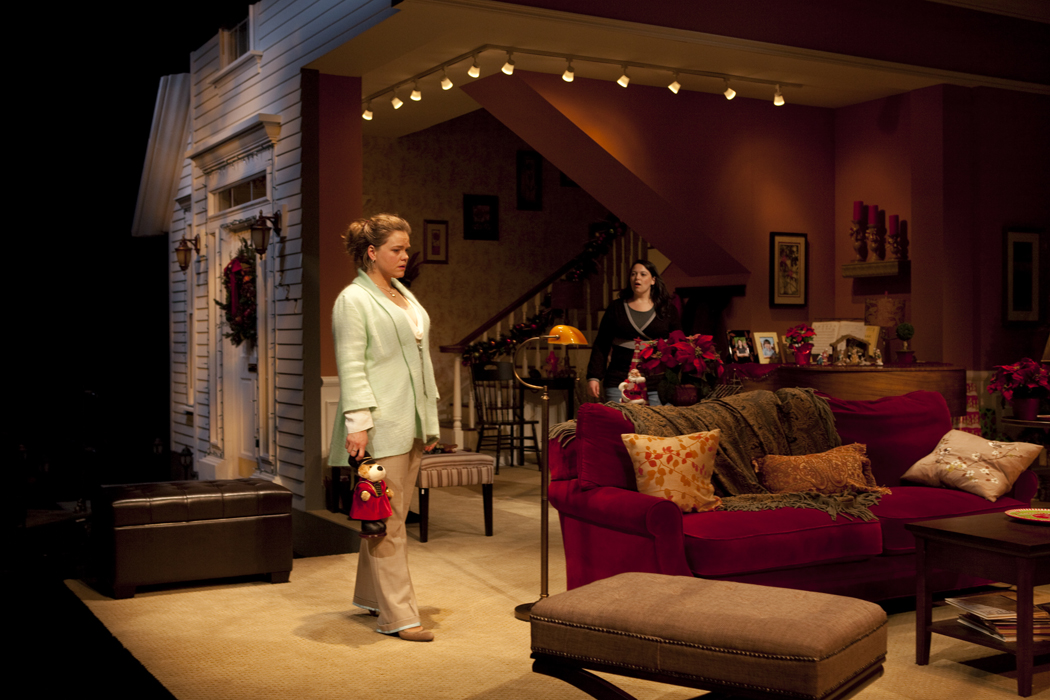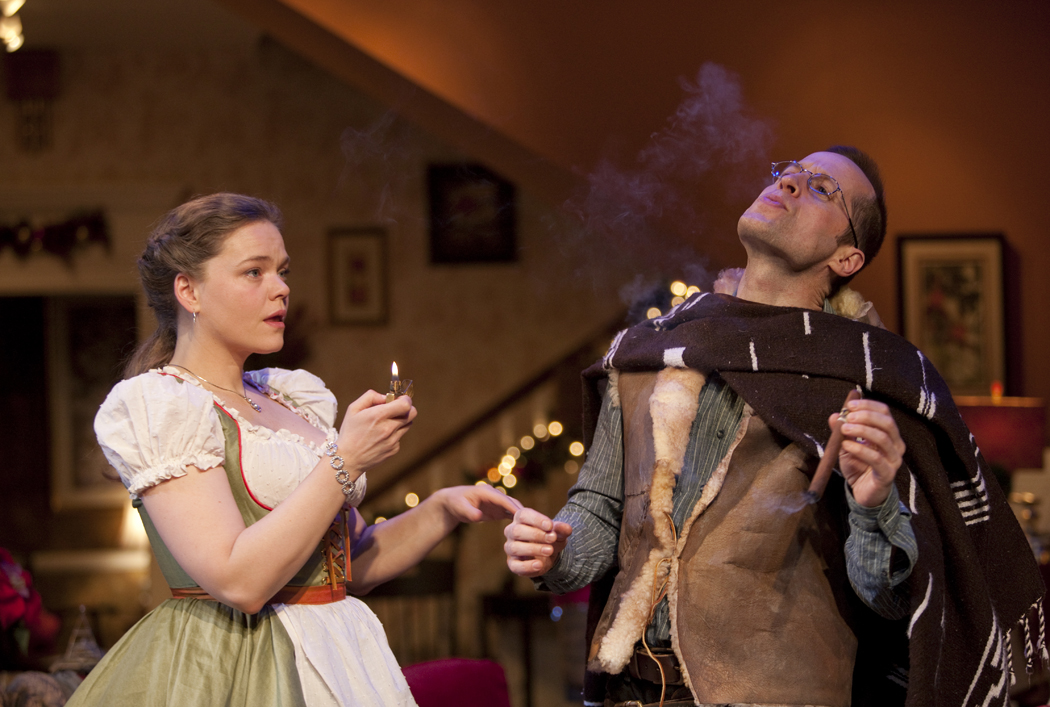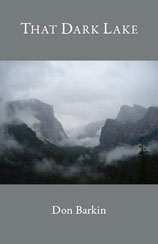By Christopher Hitchens (Twelve, 2010)
I just finished Christopher Hitchens’s magnificent new memoir, Hitch-22. I hated his last book, the one about God — or, as he would have it, god. Well, fair enough. I always thought the big-G god thing was an unfortunate bit of deck-stacking. But it was a truly ill-informed book, one written in bad faith (so to speak), one whose main use was to remind one of the utility of Cicero's dictum that we must state our opponent’s position in the strongest possible terms. When writing about religion, Hitchens never misses a chance to ridicule, or to understand. But this new book...
Well, it should have been obvious that the best book he could write about now would be a memoir. As he tacked from political left to right over the past ten years or so (although he makes a good argument in the book that the shift was much longer coming), his persona, and his writing, have increasingly been self-centered. Even when unintentionally so: whether or not he chose to foreground himself, we the readers certainly began to read him as much for the Him as for the ideas.
So it is a treat, now, to have a book that gives the whole Bildung. And it's just delectable, sassy fun to read about swinging London in the 1970s, when he was part of a set (he reluctantly uses the word) that included Martin Amis and James Fenton, and later Ian McEwan and many others. Their “Friday lunches” became the Algonquin on the Thames, full of wit and wordplay and political swordsmanship.
And those weren’t the only swords unsheathed. The man had sex with a lot of women — and, one is intrigued to learn, a lot of boys and men. Hitchens here makes a convincing and sympathetic case for the public-school incubation of the Love that Dare Not Speak Its Name as a rather beautiful thing, something one can develop a taste for. He is quite frank about his homosexual “relapses” that continued into his twenties, before he gynocentered himself for good.
My one complaint: that he never comes clean about his caddish end to his first marriage, and that he only briefly, economically confess what an absent father he has been, before moving on to more achievements and (wholly convincing) self-justifications about this, that, and the geopolitical other. He has suggested elsewhere that he doesn’t talk about his ugly disregard for his first wife and children because, well, it’s their story to tell, not his. I am not quite buying that. But one friend did make the very cogent case that his glaring omissions actually say something good about him: "Look,” she said to me, “he is open about sleeping with men, but obviously ashamed of the way he has treated those close to him. That actually shows he has a pretty good moral compass — he knows what is shameful and what isn’t.” That makes sense, I suppose. But I still wanted to watch him wear the hairshirt a bit more enthusiastically.
That said, this book is intelligent and humane, and it tells you more about Cypriot history than you thought you wanted to know. Hitch-22 reminded me why I love the author of The Missionary Position, his fervent slapping of Mother Teresa, and his book about the war crimes of Henry Kissinger. Hitchens takes no prisoners, not even himself.
 The Long Wharf Theatre production of Henrik Ibsen's A Doll's House managed a surprising feat: it made the play more entertaining without significantly altering it. If you're a purist who wants to see Ibsen played straight, it does that; but if you think that a play like ADH, with its winsome wifey who gets into some hot water due to an "innocent" forgery, then gets out of it only to slam the door on her happy-ever-after home, is a bit dated and could use some kind of make-over, well, this show does that too.
The Long Wharf Theatre production of Henrik Ibsen's A Doll's House managed a surprising feat: it made the play more entertaining without significantly altering it. If you're a purist who wants to see Ibsen played straight, it does that; but if you think that a play like ADH, with its winsome wifey who gets into some hot water due to an "innocent" forgery, then gets out of it only to slam the door on her happy-ever-after home, is a bit dated and could use some kind of make-over, well, this show does that too.
 “Art” by Yasmina Reza first appeared in Paris in 1995. Shortly afterwards it was translated into English for the British stage and turned up at the Royale Theatre (now the Bernard B. Jacobs Theatre) on Broadway on March 1, 1998. The cast was stellar for this three-person play, performed without intermission. The six-month Broadway run included Alan Alda, Victor Garber, and Alfred Molina, all well known film and theatre performers.
“Art” by Yasmina Reza first appeared in Paris in 1995. Shortly afterwards it was translated into English for the British stage and turned up at the Royale Theatre (now the Bernard B. Jacobs Theatre) on Broadway on March 1, 1998. The cast was stellar for this three-person play, performed without intermission. The six-month Broadway run included Alan Alda, Victor Garber, and Alfred Molina, all well known film and theatre performers. Bernard-Marie Koltès' Battle of Black and Dogs (Combat de nègre et de chiens), translated by Michaël Attias, and directed by Robert Woodruff, is the second play this season at the Yale Rep to take us to vague environs in Africa to witness a drama among a small group of people cut off from the world at large. Like Danai Gurira's Eclipsed, BBD places us in a compound, but this time it's a "construction site run by a foreign company in a West African country, anywhere from Senegal to Nigeria," where the main characters, white and French, are confronted by Alboury (Albert Jones), a member of a local Wolof tribe who wants to retrieve the body of a worker at the site who has recently died or been killed.
Bernard-Marie Koltès' Battle of Black and Dogs (Combat de nègre et de chiens), translated by Michaël Attias, and directed by Robert Woodruff, is the second play this season at the Yale Rep to take us to vague environs in Africa to witness a drama among a small group of people cut off from the world at large. Like Danai Gurira's Eclipsed, BBD places us in a compound, but this time it's a "construction site run by a foreign company in a West African country, anywhere from Senegal to Nigeria," where the main characters, white and French, are confronted by Alboury (Albert Jones), a member of a local Wolof tribe who wants to retrieve the body of a worker at the site who has recently died or been killed. Review of
Review of